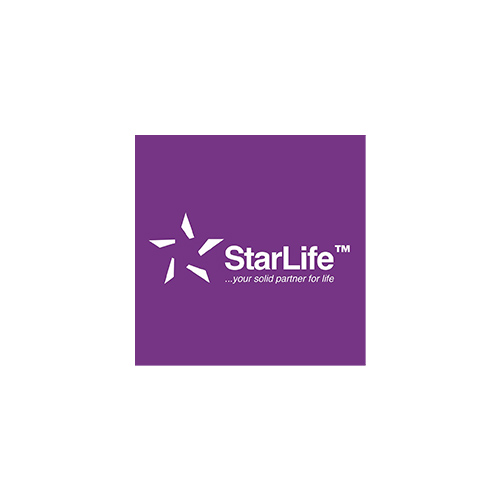
Ghana’s Political Landscape: A Look at the Multitude of Parties
In the heart of West Africa lies Ghana, a democratic nation with a vibrant multi-party political system. The political landscape of this nation is as diverse as its culture and traditions. In this article, we will delve into the intriguing world of Ghanaian politics and take a closer look at the extensive list of political parties that shape its democratic ethos.
Exploring the Political Spectrum
Ghana boasts a rich tapestry of political parties, each with its unique ideologies, visions, and aspirations. These parties play a pivotal role in shaping the nation’s political landscape. Here is a comprehensive list of Ghana’s political parties:
Major Players
- National Democratic Congress (NDC): A prominent party with a strong presence in Ghana’s political scene.
- New Patriotic Party (NPP): The NDC’s main rival, known for its conservative and center-right stance.
The Rest of the Field
- All People’s Congress (APC)
- Convention People’s Party (CPP)
- Democratic Freedom Party (DFP)
- Democratic People’s Party (DPP)
- Eagle Party (EP)
- Great Consolidated Popular Party (GCPP)
- Ghana Democratic Republican Party (GDRP)
- Ghana National Party (GNP)
- Ghana Freedom Party (GFP)
- Ghana Union Movement (GUM)
- Liberal Party of Ghana (LPG)
- National Reform Party (NRP)
- New Vision Party (NVP)
- People’s National Convention (PNC)
- Progressive People’s Party (PPP)
- People’s Action Party (PAP)
- People’s Destiny Party (PDP)
- Reformed Patriotic Democrats (RPD)
- United Ghana Movement (UGM)
- United Development System Party (UDSP)
- United Renaissance Party (URP)
- United Front Party (UFP)
- United Democratic Party (UDP)
- United Progressive Party (UPP)
- Yes People’s Party (YPP)
- Power Unity Party (PUP)
The Dominant Forces
Ghana’s political landscape is largely dominated by the National Democratic Congress (NDC) and the New Patriotic Party (NPP). These two parties have consistently held sway in the nation’s political affairs, making it exceedingly challenging for any other party to achieve electoral success.
Regulation and Oversight
Ghana has established a robust framework to oversee and regulate its political parties. The Political Parties Act 574, enacted in 2000, outlines the rules and procedures for the formation, registration, and operation of political parties. It also delineates the funding mechanisms for these parties.
The Electoral Commission of Ghana is entrusted with the responsibility of ensuring that political parties adhere to these regulations. This oversight ensures a level playing field and transparency within the political landscape.
Features of Ghana’s Electoral System
Ghana’s electoral system is known for its unique features, which define the country’s democratic processes. These features include:
- Universal adult suffrage for citizens aged 18 and above.
- Continuous registration of voters.
- Non-compulsory/voluntary participation in the registration of electors and voting.
- Secret ballot.
- Regulation of political parties by the Electoral Commission (EC).
- Political parties are recognized as corporate entities.
- Partisan politics at the national level elections.
- Non-partisan politics at local level elections.
- Simultaneous presidential and parliamentary elections.
- No minimum voter turnout requirement for presidential and parliamentary elections.
- The presidential election requires the winner to obtain more than 50% of valid votes cast.
- A run-off election is mandated in case no winner emerges on the first ballot in the presidential election.
- Simple majority/First-past-the-post (FPTP) electoral formula determines the winner in the parliamentary election.
- A Permanent Election Management Body (EMB), the Electoral Commission (EC), oversees the entire electoral process.
In conclusion, Ghana’s multi-party political system is a testament to the nation’s commitment to democracy. With a multitude of political parties and a comprehensive regulatory framework, Ghana continues to be a shining example of political pluralism in Africa.
Frequently Asked Questions
- How many political parties are there in Ghana? Ghana has 29 registered political parties.
- Which are the two major political parties in Ghana? The National Democratic Congress (NDC) and the New Patriotic Party (NPP) are the dominant political parties in Ghana.
- What is the role of the Electoral Commission in Ghana’s political landscape? The Electoral Commission oversees and regulates political parties and ensures transparency in electoral processes.
- Are there any restrictions on who can vote in Ghana? Ghana practices universal adult suffrage, allowing citizens aged 18 and above to vote.
- How is the winner determined in Ghana’s parliamentary elections? Ghana employs the First-past-the-post (FPTP) electoral formula to determine the winner in parliamentary elections.







